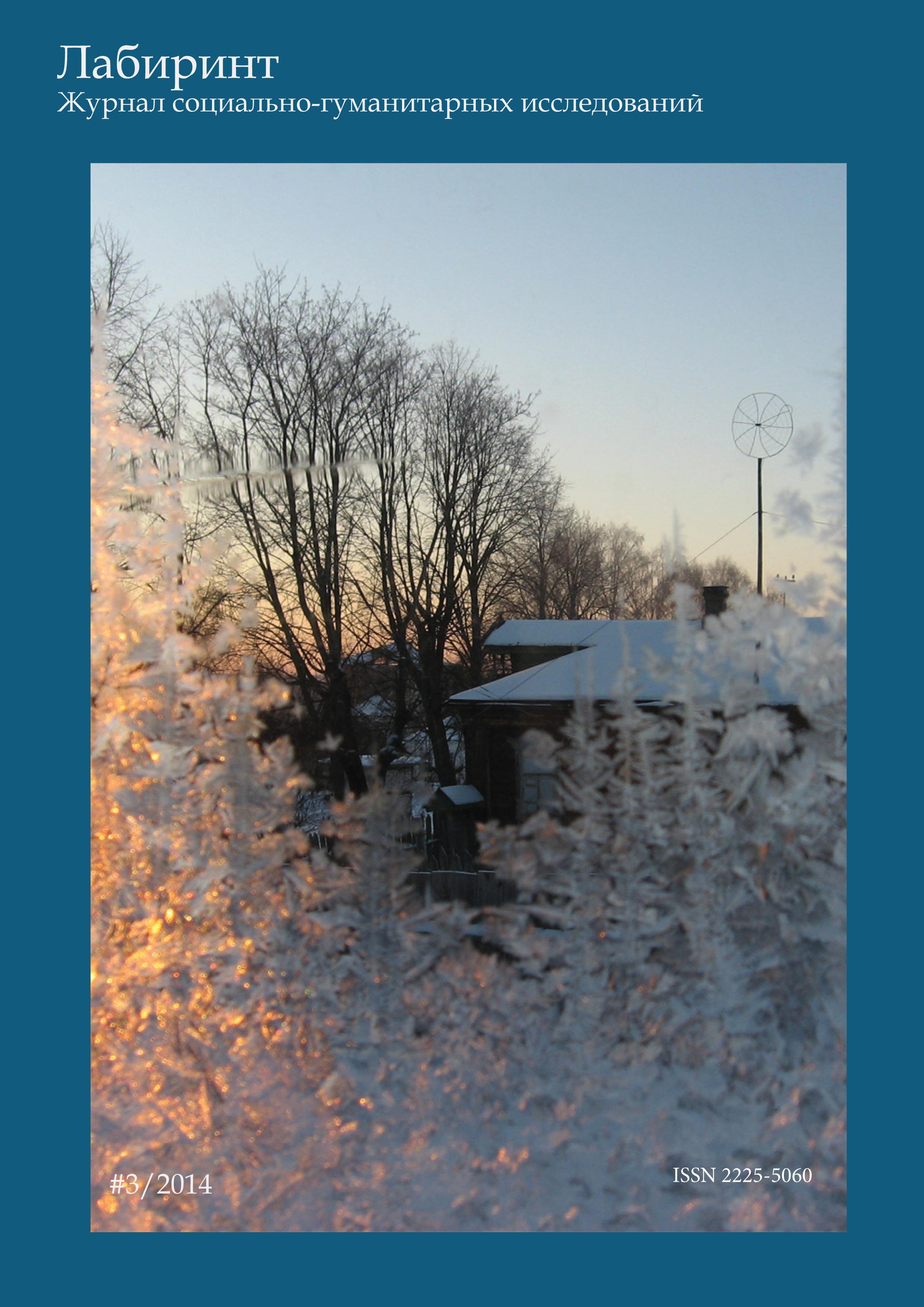ОСОБЕННОСТИ СОЦИАЛЬНОГО ПОРЯДКА В ПОСТСОВЕТСКОМ ДАЧНОМ ПРОСТРАНСТВЕ: ТРУД, ПОКОЛЕНИЯ И ГЕНДЕР
THE PECULIARITIES OF SOCIAL ORDER IN THE SPACE OF POST-SOVIET DACHA: WORK, GENERATIONS, AND GENDER
Author(s): E.V. PolukhinaSubject(s): Social Sciences, Gender Studies, Cultural history, Gender history, Social development, Family and social welfare, Rural and urban sociology, Environmental interactions, Post-Communist Transformation
Published by: Издатель Наталья Докучаева
Keywords: house work; gender; dacha; dacha work; dacha practices; leisure practices; gender regime; work regime; generations; escape attemps; social order; case study methodology;
Summary/Abstract: The article attempts to describe the social order of the post-soviet dacha space (summer country house): an organized system of relations determining the interactions of its members. The main research subject is dacha practices. The article is based on a field research applied in the case study strategy. The post-soviet dacha is represented as a social institution, an element of urban residents’ sustainable social development. It encourages the creation of stable social relationships, namely of family and neighbors. Being an urban family’s local territory, it allows to realize a family project (gender roles and age specific needs). The article discloses the ambivalent nature of dacha work which generates a multiple-meaning continuum from a type of labor as a ‘burden’ to a unique leisure activity. It is demonstrated how the dacha space gives its inhabitants freedom from the urbanized pace of life, while on the other hand suggesting its own social order.
Journal: Лабиринт. Журнал социально-гуманитарных исследований
- Issue Year: 2014
- Issue No: 3
- Page Range: 22-31
- Page Count: 10
- Language: Russian

